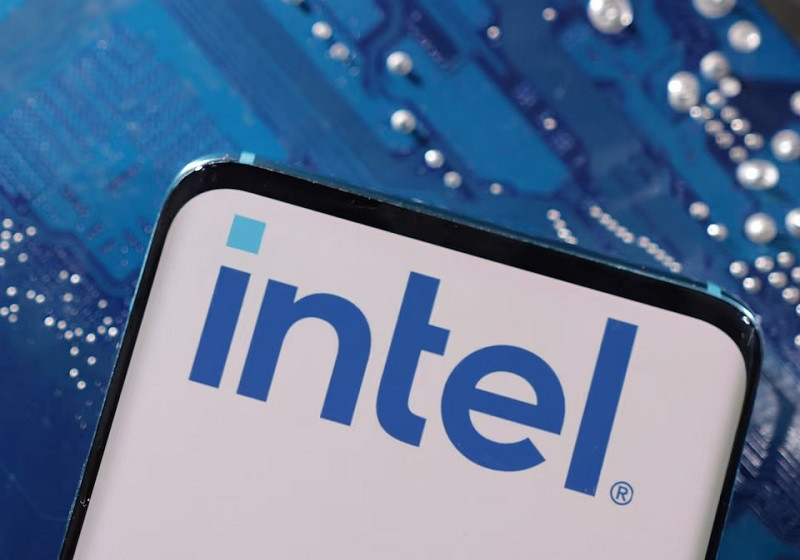NEWYORK:
Intel shares slumped more than 12% on Friday after a downbeat forecast signaled that the boom in AI was diverting enterprise spending away from its traditional data center chips.
The stock has fallen around 30% so far this year as Intel trails rival chip companies such as Nvidia in producing advanced artificial intelligence (AI) chips and components.
Intel forecast second-quarter revenue of $12.5 billion to $13.5 billion, compared with analysts’ average estimate of $13.57 billion, according to LSEG data.
“While we believe they are doing everything they can to try to repair things, it is clear the company is profoundly broken, and it will take years to see the fruits of their (currently exhaustive) labor,” Bernstein analysts said in a note.
Read: Intel slides as foundry business loss spotlights wide gap with rival TSMC
Intel is planning a $100 billion spending spree across four US states to build and expand factories. It also unveiled a new AI chip earlier this year to keep up with competition.
Friday’s drop was set to erase nearly $19 billion from the company’s market value, which stood at $149.4 billion as of Thursday’s close.
Businesses have prioritized spending on advanced and speedy AI server chips, hurting demand for Intel’s central processing units, which had long been the mainstay chip powering data centers.
Although encouraged by the launch of Intel’s Gaudi 3 AI chip, “we worry the company will continue to cede wallet share within the overall data center compute market to the likes of Nvidia and Arm”, Goldman Sachs analysts said.
Read:Intel prepares for $100 billion spending spree across four US states
Still, Intel is optimistic that a fresh upgrade cycle for personal computers around a new version of Microsoft’s Windows operating system will help PC sales in the second half of the year. That could translate to more demand for its chips used in those devices.
The company’s earnings contrasted strong results from Microsoft and Alphabet, which are Nvidia clients and also design in-house chips for their data centers.




